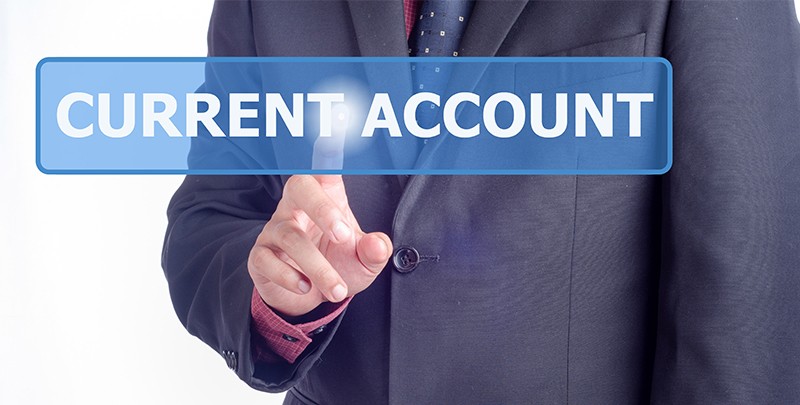
Personal finance is a topic that affects everyone, yet many people lack the basic knowledge and skills to manage their finances effectively. Financial literacy is the ability to understand and manage one’s financial affairs, and it is an essential skill for anyone who wants to achieve financial security and independence. In this article, we will discuss the impact of financial literacy on personal wealth management and why it is crucial to develop this skill.

What is Financial Literacy?
Financial literacy is the ability to understand and manage one’s finances effectively. It involves knowledge of financial concepts such as budgeting, saving, investing, debt management, and retirement planning. Financially literate individuals can make informed decisions about their finances and are better equipped to achieve their financial goals.
The Importance of Financial Literacy
Financial literacy is essential for anyone who wants to achieve financial security and independence. It provides individuals with the knowledge and skills they need to manage their finances effectively, make informed decisions, and avoid financial pitfalls. Financially literate individuals are better equipped to:
- Create and stick to a budget
- Save and invest for the future
- Manage debt effectively
- Plan for retirement
- Protect themselves from financial fraud and scams
Financial literacy also helps individuals to understand the financial products and services available to them and make informed decisions about which ones to use. It can save individuals money by helping them to avoid high-interest loans, unnecessary fees, and other financial traps.
The Impact of Financial Literacy on Personal Wealth Management
Financial literacy has a significant impact on personal wealth management. Individuals who are financially literate are more likely to:
- Save and invest for the future
- Make informed decisions about financial products and services
- Manage debt effectively
- Protect themselves from financial fraud and scams
Financially literate individuals are also more likely to achieve their financial goals, such as owning a home, starting a business, or retiring comfortably. They are better equipped to handle unexpected expenses, such as medical bills or job loss, and are less likely to experience financial stress or hardship.
How to Improve Financial Literacy
Improving financial literacy is a lifelong process that requires ongoing education and practice. There are several ways individuals can improve their financial literacy, including:
- Reading books and articles about personal finance
- Attending financial education classes or workshops
- Working with a financial advisor or planner
- Using financial management tools and apps
It is also essential to practice good financial habits, such as creating and sticking to a budget, saving and investing regularly, and avoiding unnecessary debt. By continually working to improve their financial literacy and practice good financial habits, individuals can achieve financial security and independence.
Financial literacy is a crucial skill for anyone who wants to achieve financial security and independence. It provides individuals with the knowledge and skills they need to manage their finances effectively, make informed decisions, and avoid financial pitfalls. By improving their financial literacy and practicing good financial habits, individuals can achieve their financial goals and enjoy a more secure and prosperous future.









